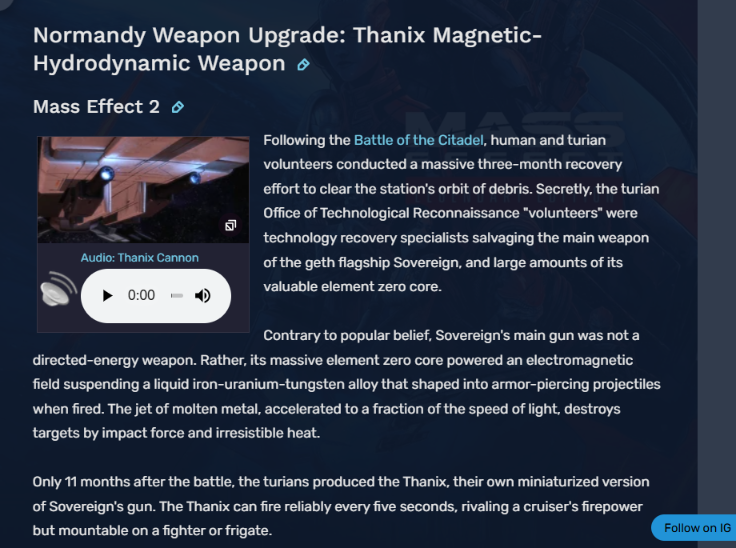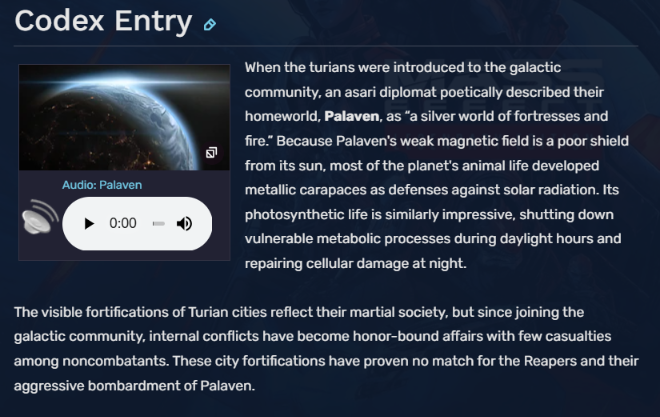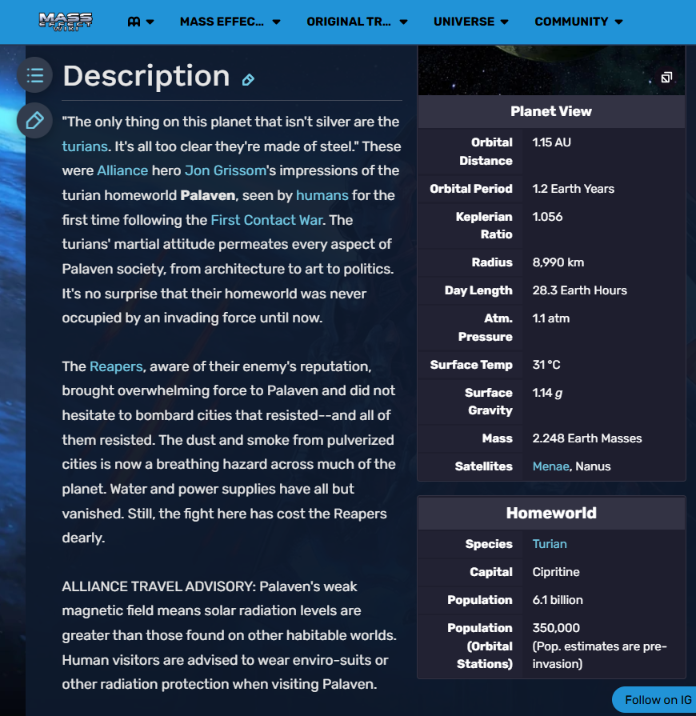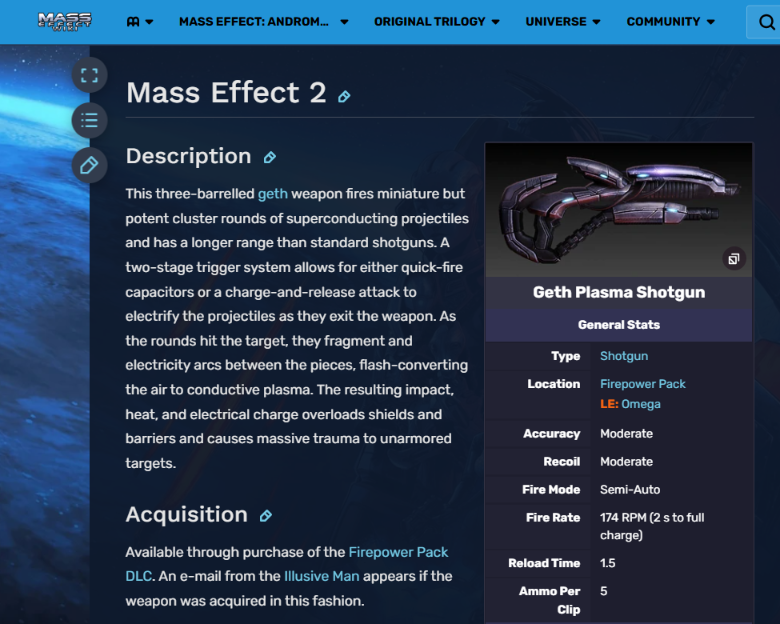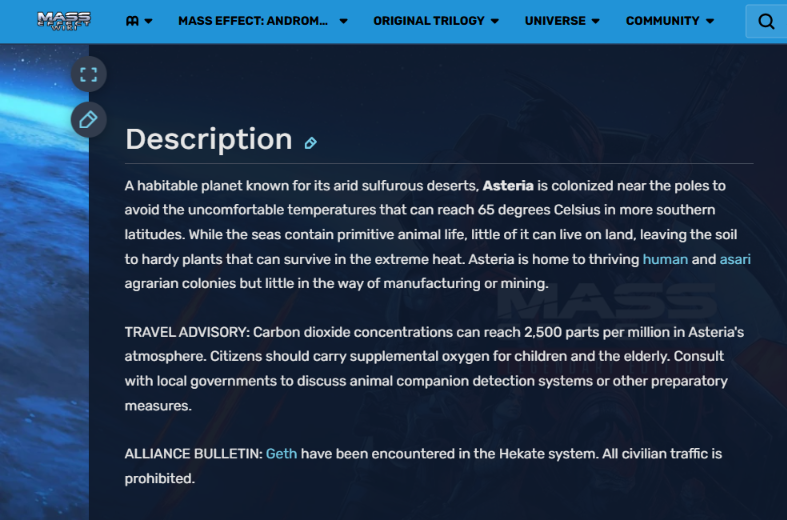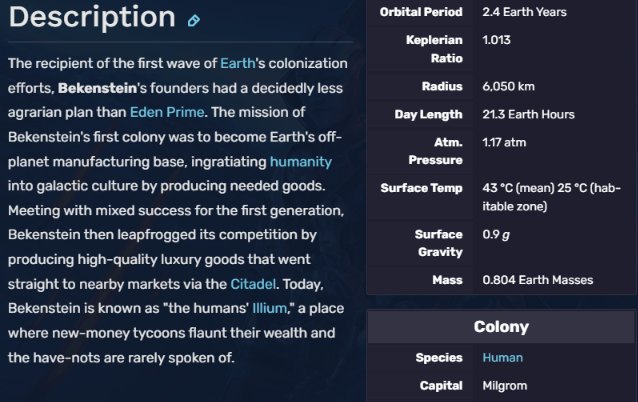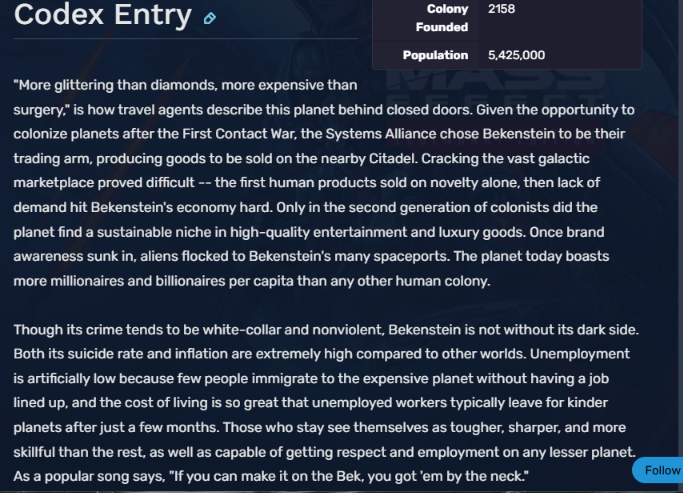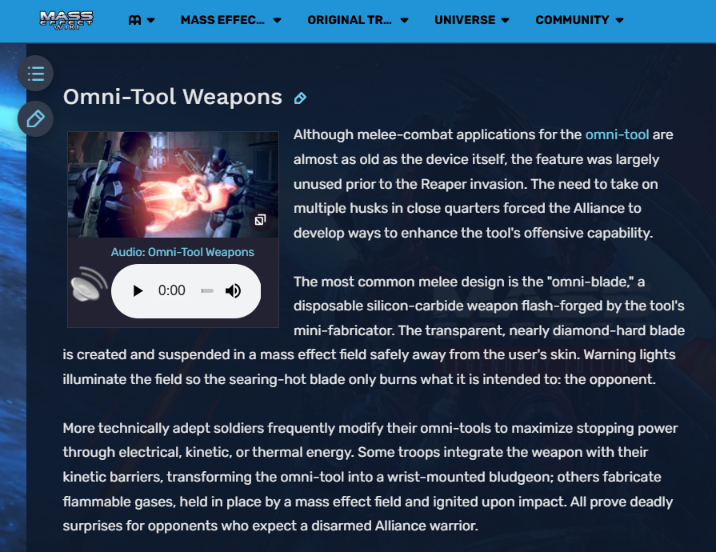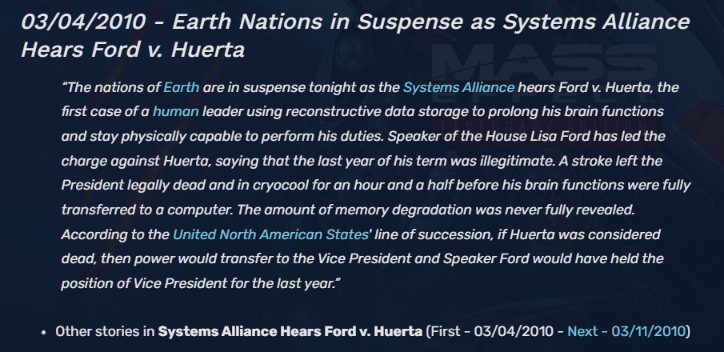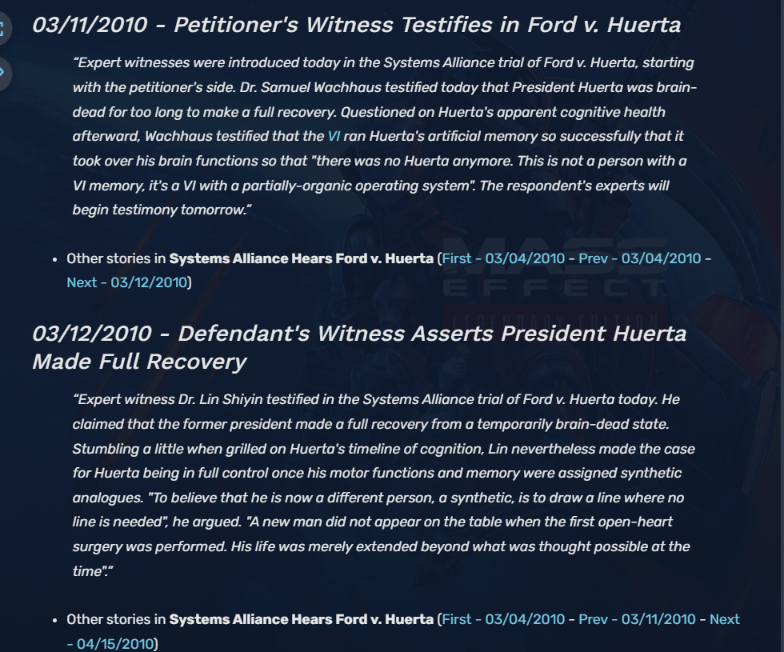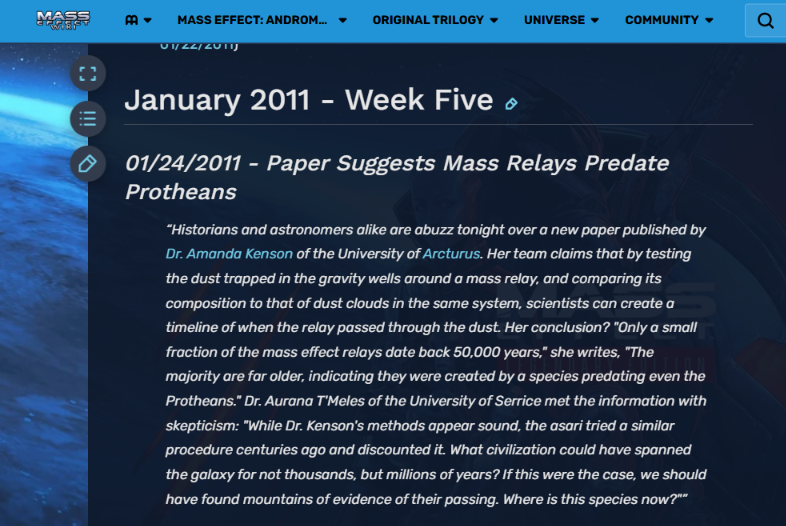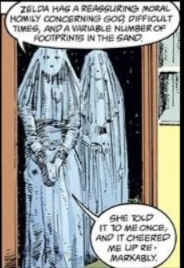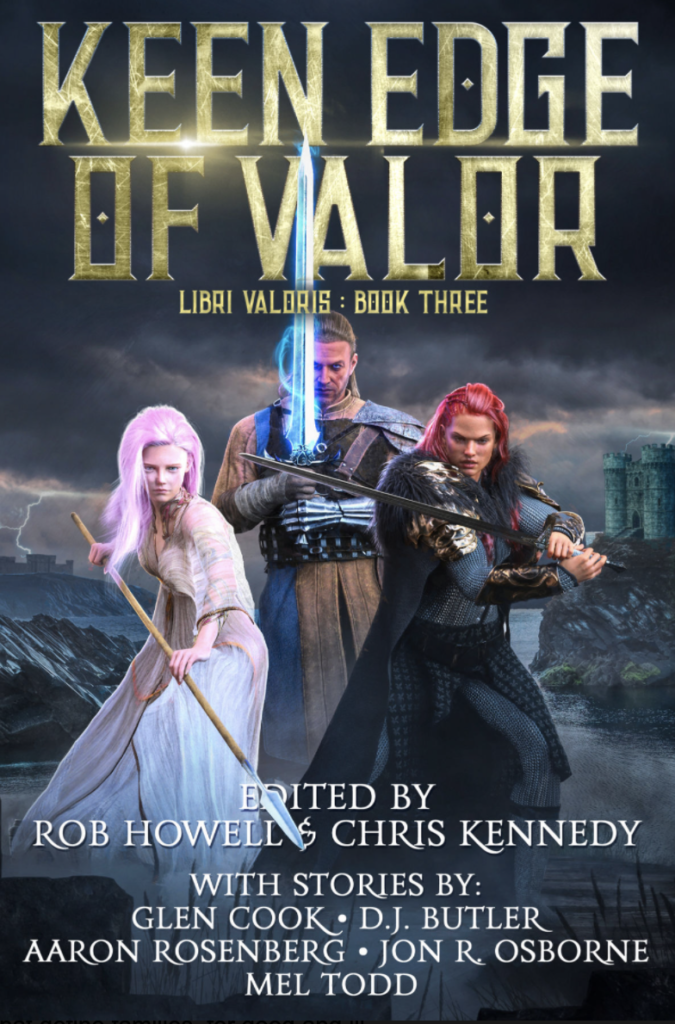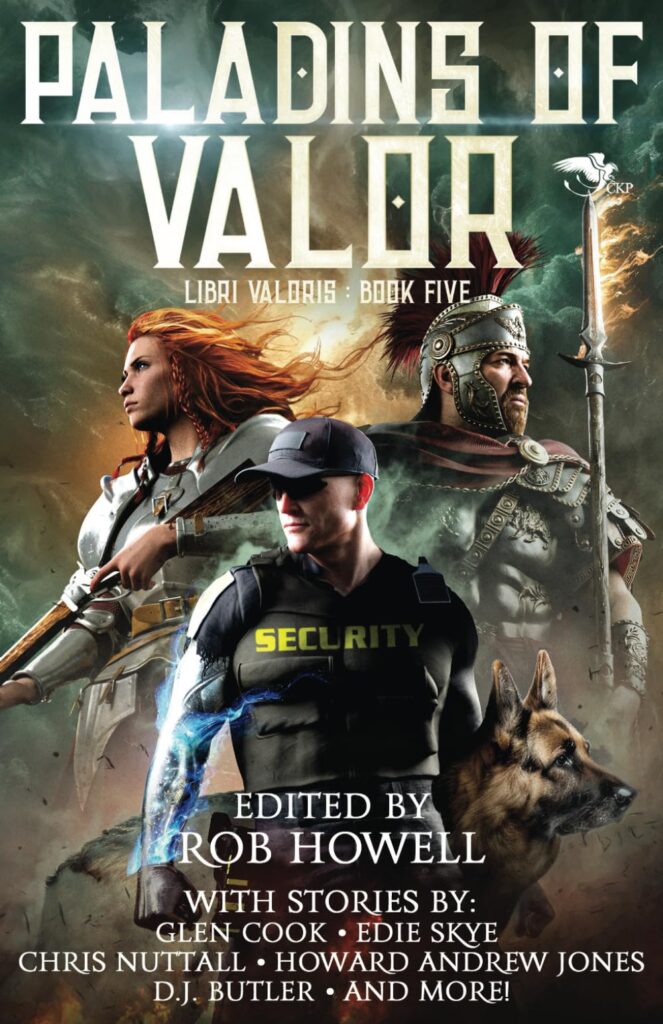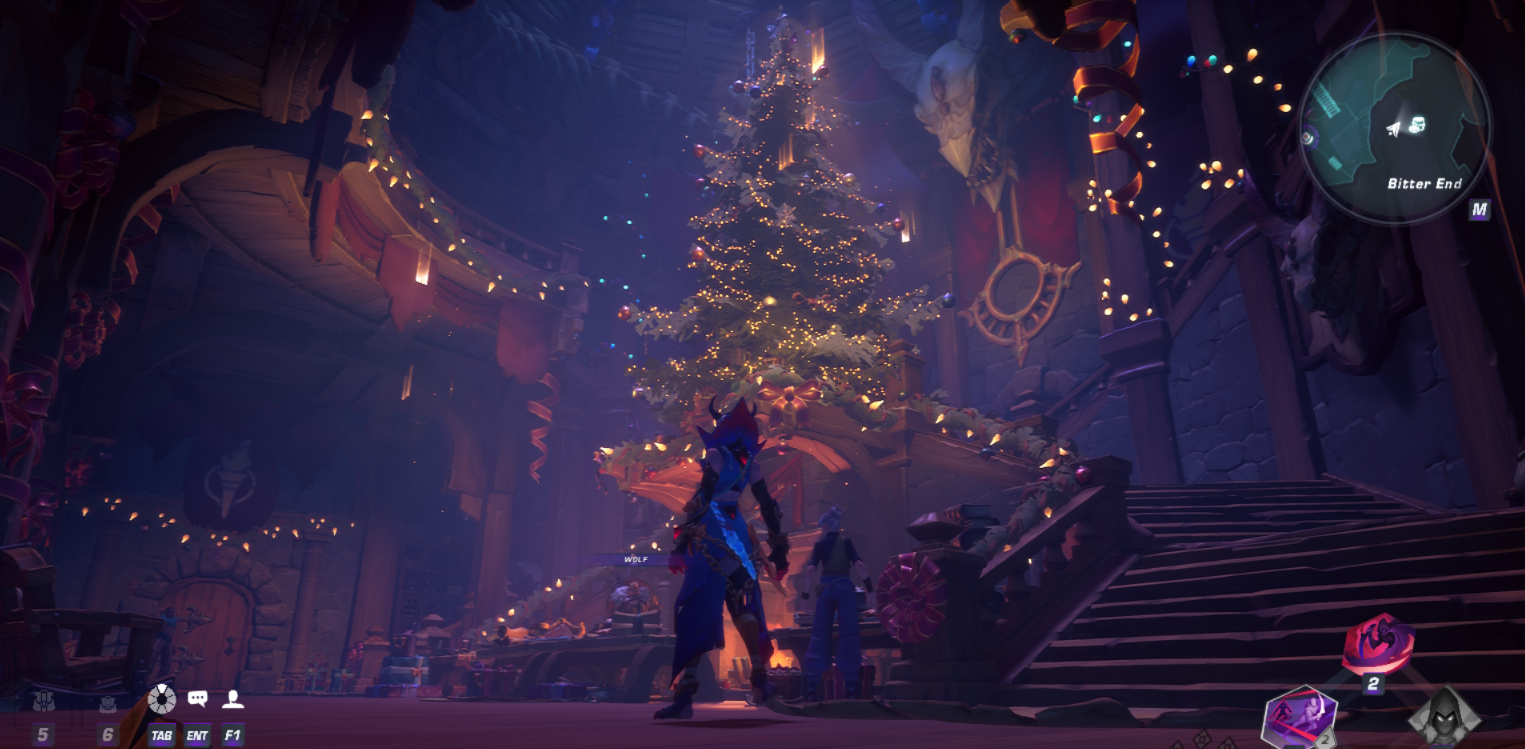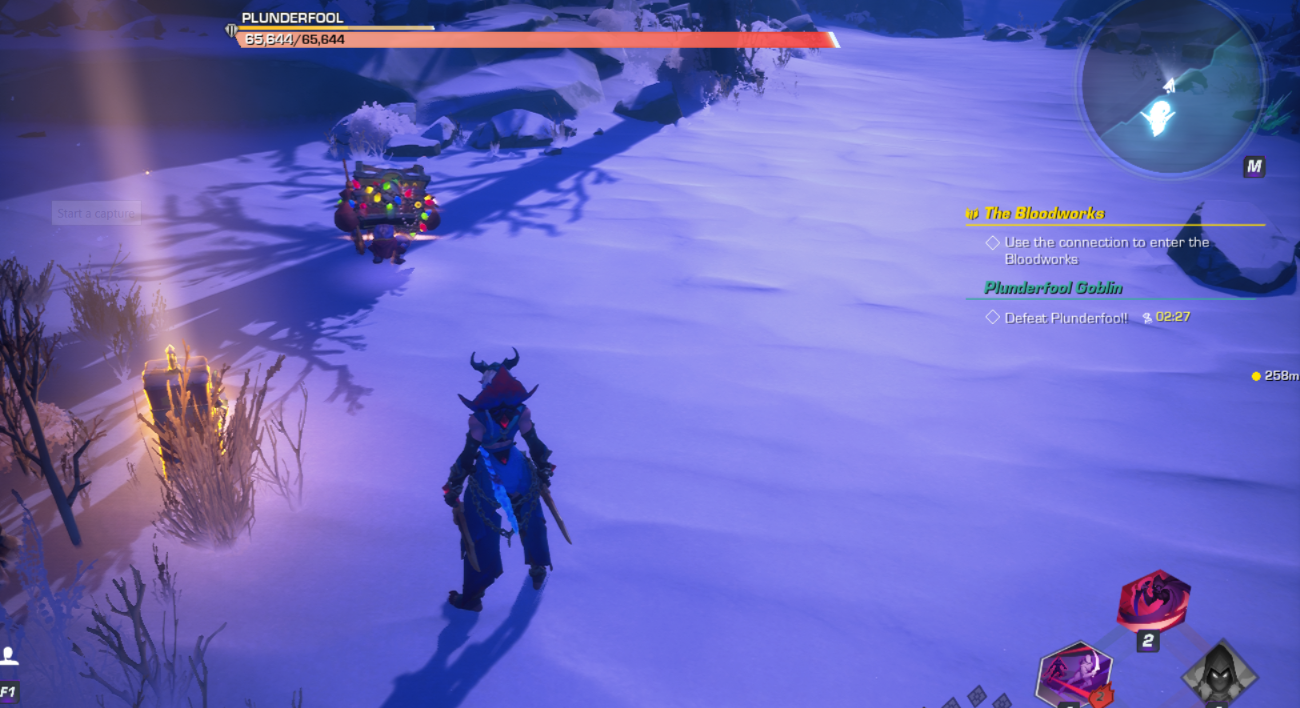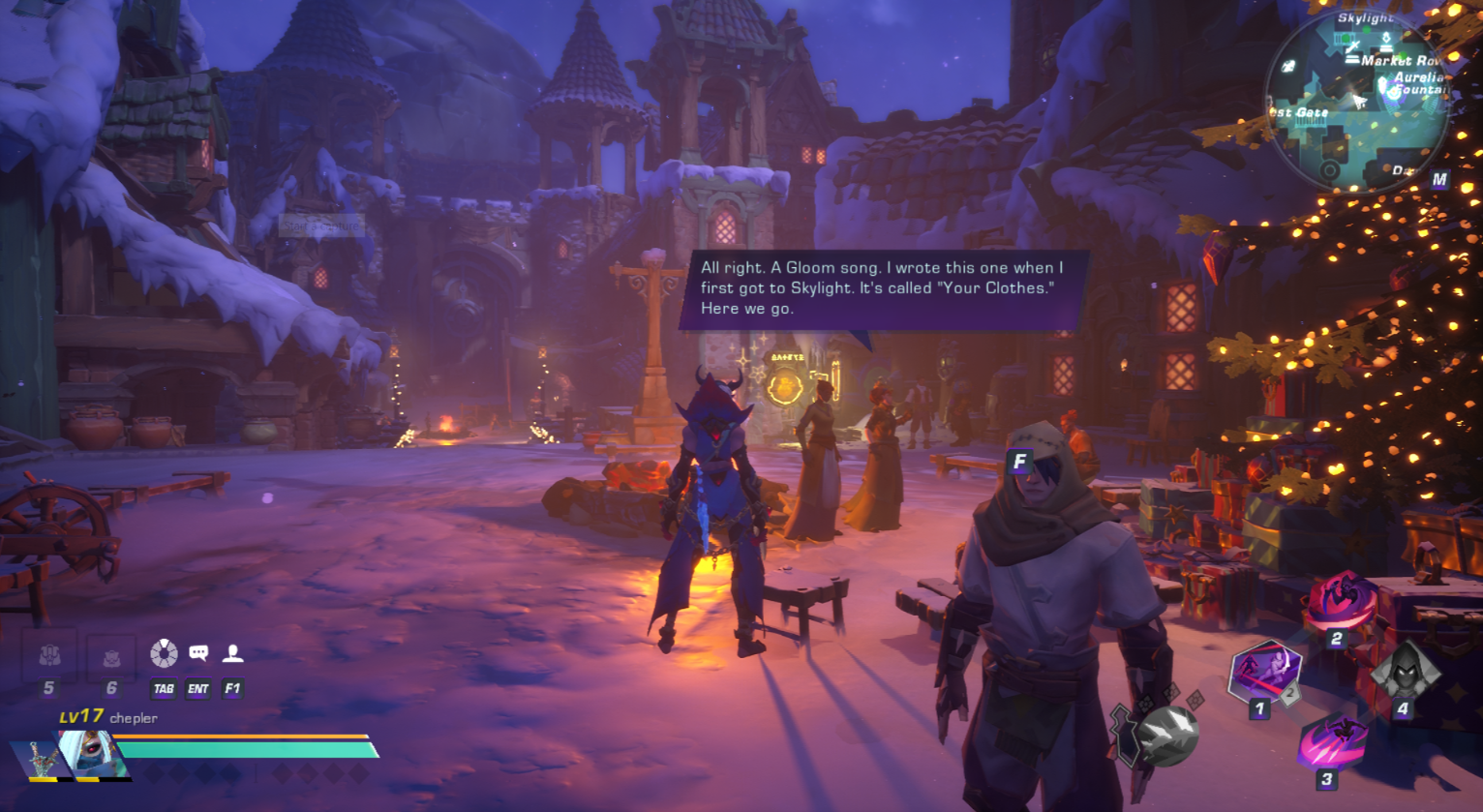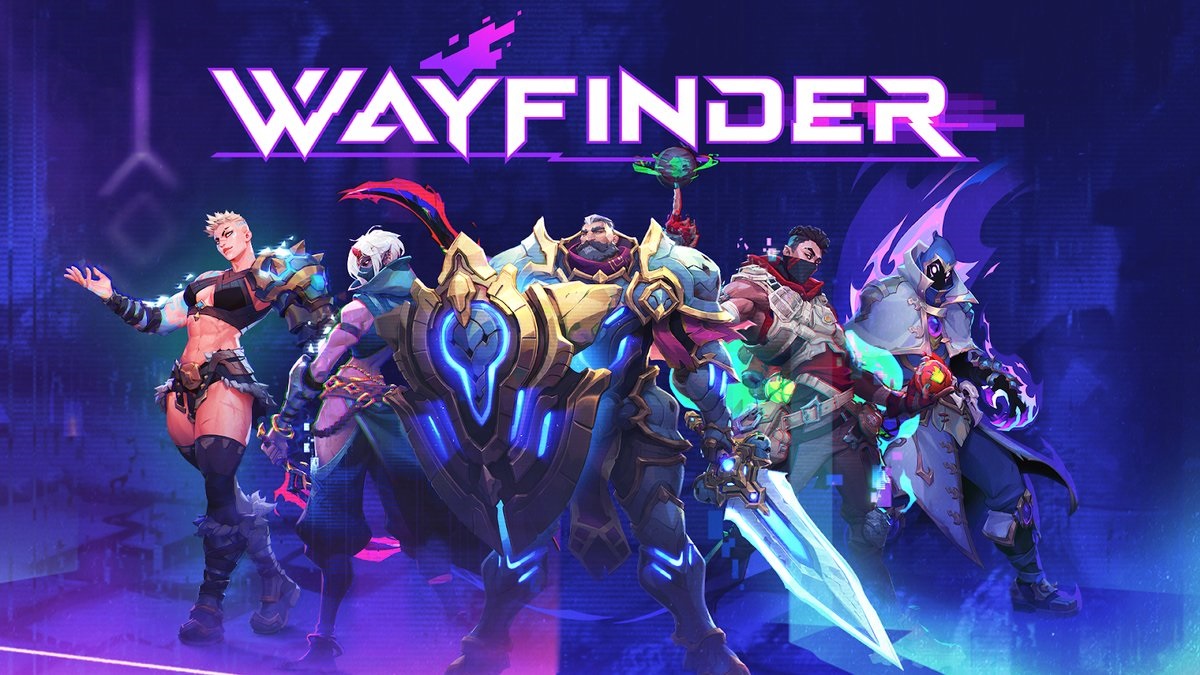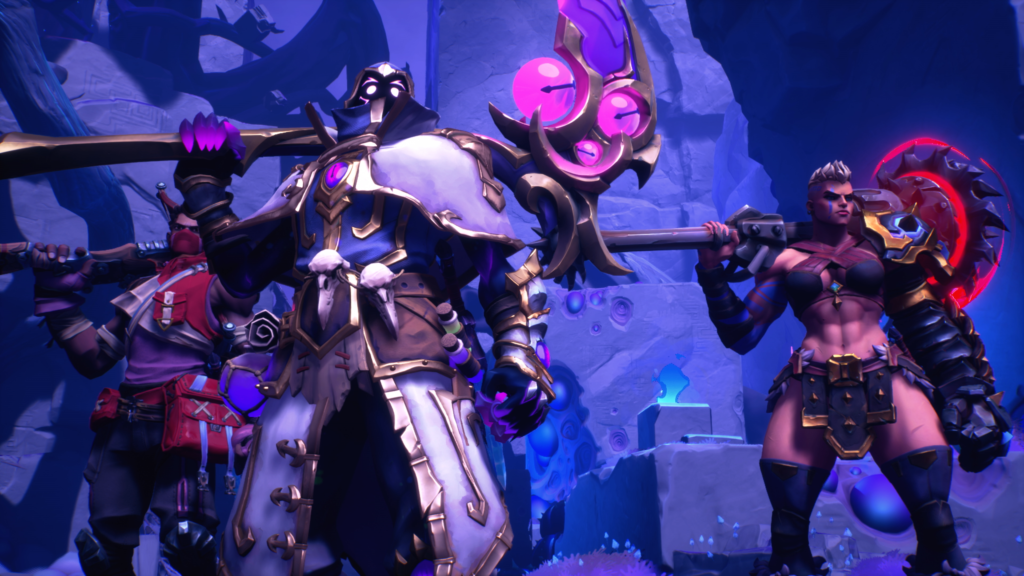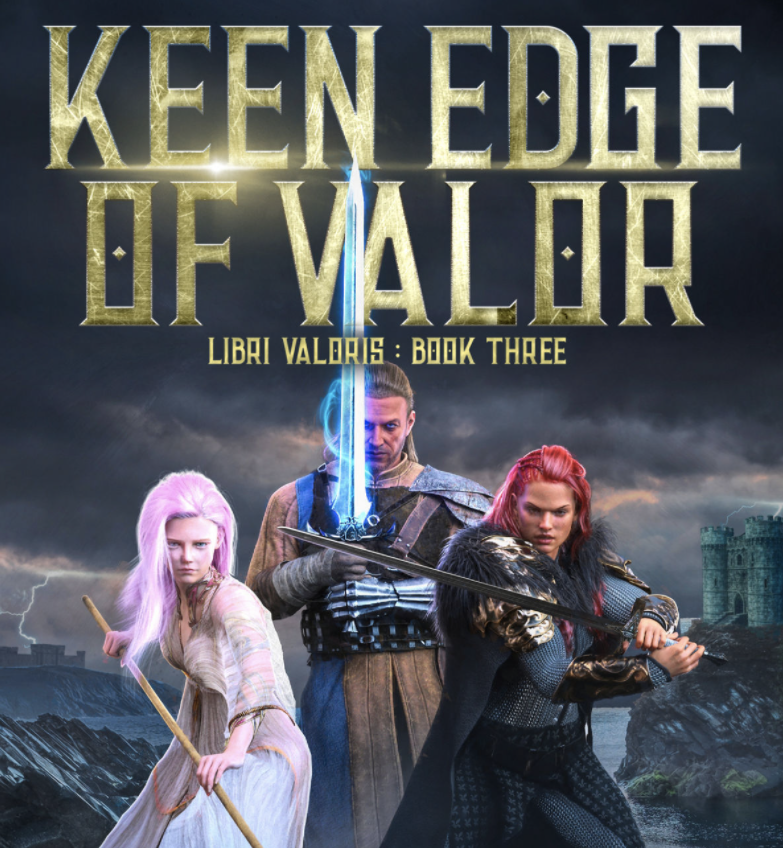It’s not my birthday, but I wound up celebrating it anyway.
Our family made the trek to where I grew up, near Washington, D.C., with some in-laws coming to town as well. We were all set to have a lovely brunch one Sunday morning. No sooner did I walk in than 20 people I know through high school, college, and work are there, yelling, “Surprise!” My wife and my mom had been planning it for a month or more, and it turned out really great. I hadn’t seen half the people there in more than a decade.
The vacation was an unqualified success, with everyone from my side of the family getting some time in to see me, my wife, and the kids. We saw museums, participated in my brother’s favorite hobby, and I gained approximately two pounds in a week from my sugar guzzling. But on the plane ride home, I had time to think.
I Have My Come-to-Zeus Moment
Of our family, I had the last flight out, and it was from DCA, also known as Reagan National Airport. In case you’re not aware… I hate flying.
I don’t puke or anything. I don’t refuse to get on planes. I just talk to my seatmates to have something to do because I know my life is in some stranger’s hands for a few hours. Nowhere is this more obvious than when I’m flying out of Reagan National specifically.
In the best of circumstances, National is not an easy place to land — the pilots have to follow the Potomac River because they can’t use airspace over the Pentagon on the south bank of the river, or the White House and Capitol, which are both close (as planes go) to the north bank.

Once in the 1980s, ice formed on the wings of a Boeing 737 passenger jet and it plowed into one of the bridges spanning the Potomac, 30 seconds after takeoff. Every time I went into town as a kid on I-395, I could see the discoloration in the nearby reconstructed bridge where new steel had replaced the old. Of course, since it’s 2025, this time around my mind was on the fatal crash in January when a plane coming into DCA hit an Army helicopter on maneuvers.
Intellectually, I know that air travel is technically the safest kind of travel given the long distances compared to cars and the relatively low number of incidents, let alone full-on fatal crashes. But when I’m on a plane, my brain isn’t so easy to convince. Here’s a few reasons why:
We Focus on the Negative
The human brain remembers negative outcomes better than it remembers positive outcomes. This makes sense as a matter of evolutionary psychology: it’s important to remember “The lake has no animals left to eat,” much more than “I ate a frog a day at the lake for exactly 65 days.” One’s a problem that could necesitate a change in behavior to survive, and one’s just the status quo.
I don’t know how many planes I’ve taken, but it’s probably in the high-double- to low-triple digits. And the flights I remember most are:
- That time when I flew to Columbus, Ohio and we came in for a landing… and then the pilot pulled up. Not telling us anything, we left the runway behind and the GPS map showed us headed toward Chicago. We eventually turned and came in for a landing again, and he pulled up again. Coming over the intercom, he said, “We’ve got some conditions on the ground we don’t like, but don’t worry, we have enough fuel to do this one more time.”
- The flight from DC to LA that went through Colorado, where there was a clear blue sky and the worst turbulence I’ve ever experienced. The plane would drop ten feet on a bump and whole crowds of passengers would scream or gasp. The completely-full flight was batted around like a toy from every direction. The pilot climbed to get above the rough air, and it didn’t work. After about a half hour of nerve-wracking flying, he descended 12,000 feet and got below whatever was causing it, and from then on it was fine.
- A three-hour flight from Shenzhen, China, trying to outrun an incoming typhoon, followed by a twelve-and-a-half-hour flight to the West Coast of the U.S.. There were at least 8-10 solid hours of turbulence on the second flight, to say nothing of being seated next to the bathroom. Every flush turned into that vacuum-sucking noise and it felt like my seat was being smacked.
Fairly vivid examples? Yes. Also, outliers. Many of my flights have had nothing remarkable to report. “Oh, gosh, the seat belt sign came on for a half hour over Nebraska, but that was it.” Unmemorable… and ideal.
Failures Are Publicized, For Good Reason
Once, when I asked a flight attendant how long the pilot expected turbulence to last, she said “Don’t worry. Storms don’t bring down planes. When they do, it’s so rare, it would make the news.”
While I appreciate her efforts, that voice in the back of my head says, “Okay, and I watch the news all the freakin’ time.” I watched September 11th, 2001 live on TV, and the airline industry workers were just as flabbergasted as everyone else. There’s a long list of aviation disasters (and near-misses, and deliberate attacks) beyond the ones I listed above. And when a plane goes down, the death toll can easily be everyone on the flight. You’re in a 65-ton metal tube going 500 mph at 35,000 feet.
But on the other hand, I used to live in the flight path of an airport. I heard the planes coming in to land every ten minutes or so. And they got it right more than a hundred times per day without a hitch. No news cameras. Just skilled people doing their job.
And Now What?
And, of course, because I’m slugging away at a political novel, I’m tuned in to the barrage of social media and news sites that tell me there’s been mass layoffs at the Federal Aviation Administration. The White House says it’s fewer than 400 people and they weren’t essential. Politico claims to have found 130 people who arguably are essential. (For context, there’s about 45,000 FAA employees.) What do I think?
- Taking politicians at their word when they’re covering their butts is a fool’s game.
- I never get on a plane and say “Wow, what a nice safe feeling this is, all made possible by deregulation.”
If you let a corporation like an airline legally cut costs, they will cut costs. They will put the rules back after some incident makes them put the rules back. And I don’t want to be that incident.
And On That Cheery Note, the Shout-Out
So I wanted to give thanks to my family for putting together the surprise, and my friends for showing up. But I also want to praise the airline staff that make trips like mine possible.
That flight attendant giving the boring demonstration has bet their life that the pilots will get everyone to their destination in one piece.
Those pilots have bet that they can handle an aircraft the weight of a battle tank and put it down gently enough that there’s only a minor bump when it hits the tarmac.
The air traffic controllers, the radar technicians who track weather systems, the maintenance staff, the marshallers (that’s the name for the traffic-directing person on the runway waving glow-sticks)… somehow they make it all work, day in and day out. And most of us never even see them mess up. They’re good at what they do.
I can’t get the laid-off ones a job. But I can remind people that they’re out there every day, trying to keep untold numbers of people safe.
Let’s do right by them, okay?

